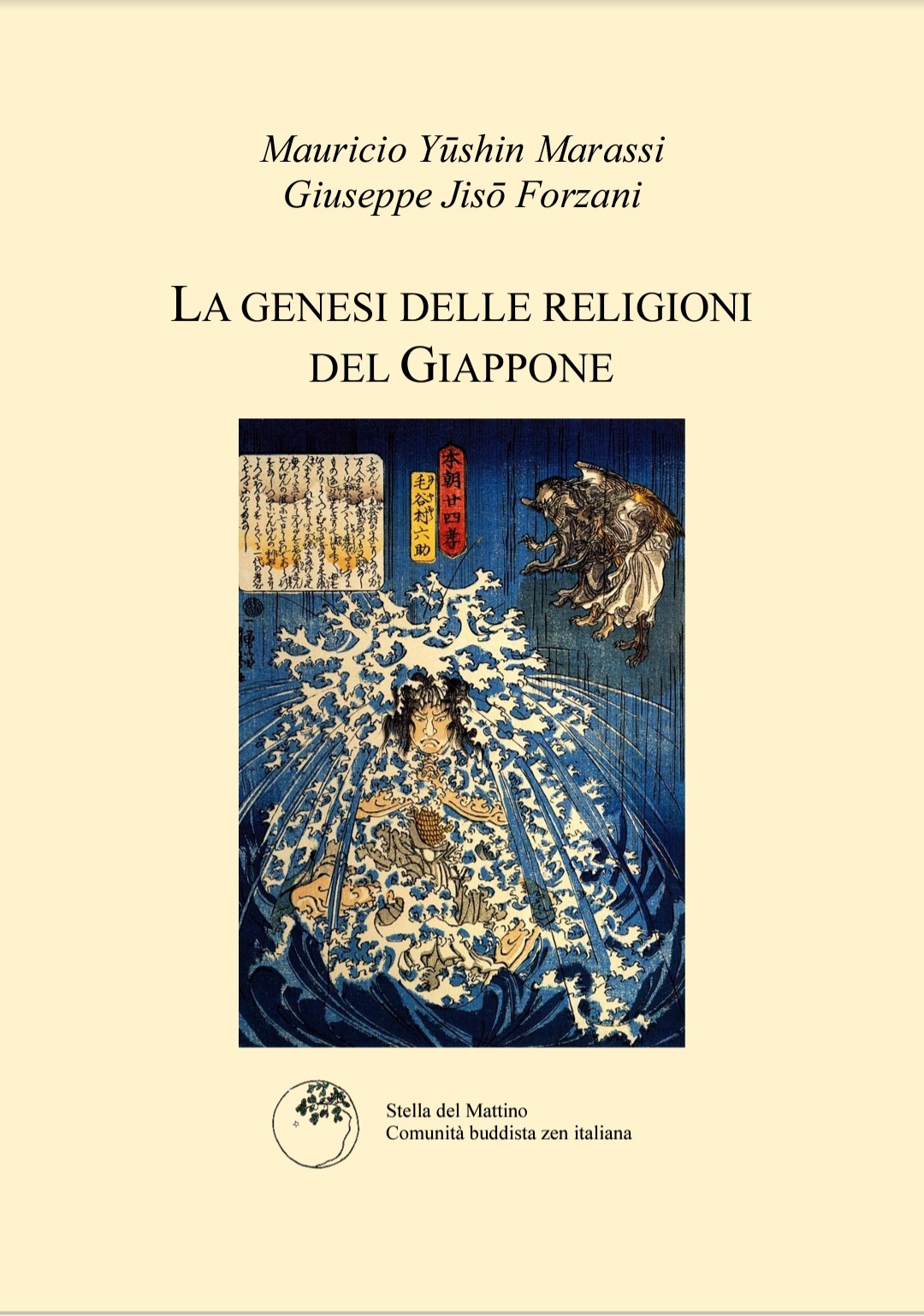I had some experience of takuhatsu before I moved to Antaiji, when I lived in temples out in the countryside. There were several of us going out together just once or twice a month, so the atmosphere was more like going on an outing, and besides, it wasn’t as if our lives depended on it. In Kyoto, my situation was totally different. Antaiji had absolutely no other income, and it was a burden to set out alone knowing that I had to bring back a certain amount, and on top of that, knowing that the amount was really not much. I had to go out every day it didn’t rain, so it didn’t take long before everyone in town seemed to know my face. Once my face became familiar, shopkeepers would give me an “Oh, God, here he comes again” look. And I would show a “Hi, well, here I am again” look. After a while, I started becoming not just depressed, but totally intimidated. Just before going out for the day, I would imagine the street I was about to do down for the day and very clearly in my mind, I could picture the tobacconist on the corner and the barber shop next door, then the sweet cake shop, and the hardware store and beyond that the fish monger’s. I would imagine everyone giving me the “Oh no, not that guy again” look, and I would start feeling truly dark and gloomy. Once I reached the street, without stopping to think about it I would start walking down the street muttering under my breath, “Namu Kanzeon Bosatsu, Namu Kanzeon Bosatsu—I take refuge in you, Bodhisattva Avelokitesvara!” At last I arrive at the intended street and, sure enough, the street is laid out just as I had pictured it in my mind and, sure enough, I’m beginning to feel depressed. I find myself standing in front of that first house, intoning the takuhatsu greeting, “Ho ~~~~~” in the most timid of voices. And, sure enough, the woman comes out of her house and gives me that disgusted look I knew she would, and blurts out, “Move along, there, you’re blocking the way.” I just get more depressed and shuffle along to the next door. Just as I expected, the man there shouts at me without any mercy, “Hit the road, buster!” Now my voice is getting even tinier as I step up to the next shop. The lady comes out and with a disgusted air tosses a measly one yen bill into my bowl as though she didn’t really want to but felt obligated. Now I begin to almost cower in front of every house and after taking a quick glance at the owner, I move on to the following place without looking back or even intoning the usual takuhatsu greeting. So here I am faced with a dilemma of having to go out every day because I have to bring in so much money just to survive, while at the same time walking through the streets of the city with virtually nothing coming in. So while going out every day walking my feet off from morning ‘till night, I really began to develop a neurosis. It was three years after I came to Kyoto and began going out on takuhatsu on a daily basis that I reached this impasse. It took three years to become a thoroughly familiar face. And then, though I received grudging recognition as a monk, people still seemed to look at me as that guy in the begging business. At any rate, I had convinced myself that people were looking at me in that way. And, there I was just going through the motions with almost nothing being dropped into my bowl. This kind of takuhatsu neurosis continued for about a year. I’m not very good at insisting on things going my way, but I tend to be a fairly persevering person; if there is a wall and I keep pushing at it, I tend to believe that eventually it will fall. So, I just kept at it and about a year after I had developed this neurosis something very important dawned on me. One day while standing in front of a certain house and not giving a thought as to whether anyone would put something in my bowl, I realized my attitude had changed. It was just putting all my energy into standing there without any reservation and looking straight ahead at the people who came out until they said, “No, nothing for you today.” When I realized that, I suddenly felt a sense of relief. Even though many people might be thinking, “Oh, god, here he comes again,” when they saw me, I no longer had that dark, dreary feeling. It even seemed to me that people were beginning to express a certain friendliness. From that time on, the people of Kyoto began to cheerfully put money in my bowl. Going out on takuhatsu is a little bit like a salesman making his rounds. The only thing is, there are no goods to give in exchange. And, because of that, there is always a sharp prick of conscience about it. As long as one is unable to feel a sense of joy despite the degrading spirit of being reduced to receiving something for nothing, then I suppose it is only natural to feel the barb of shame. No matter how long one goes out on takuhatsu, I don’t think that feeling ever completely disappears. There is a traditional saying, “If you beg for three days you’ll get a hankering for it, and you won’t be able to quit.” It seems to me that it is better to continue doing takuhatsu while feeling a pang of conscience. Becoming neurotic over it, however, is going too far.
Back
Se volete, lasciate un commento.
You must be logged in to post a comment.







